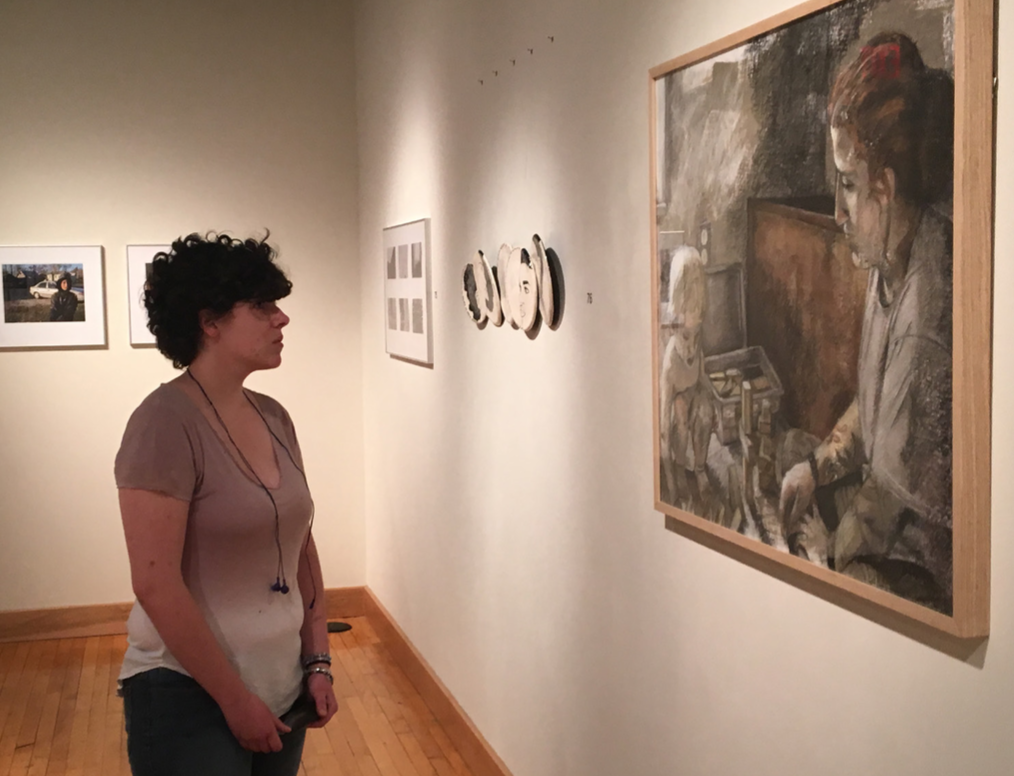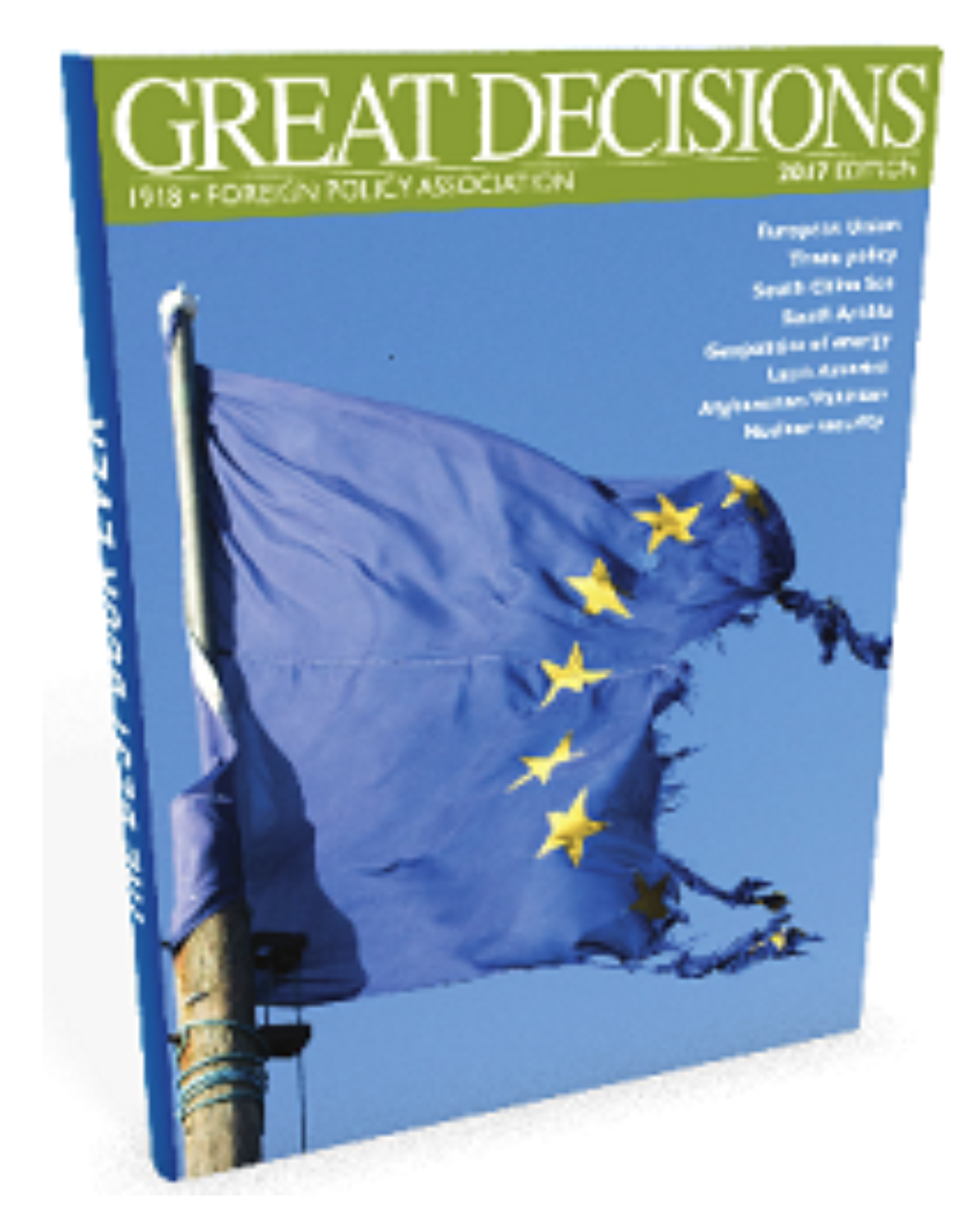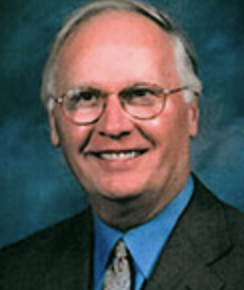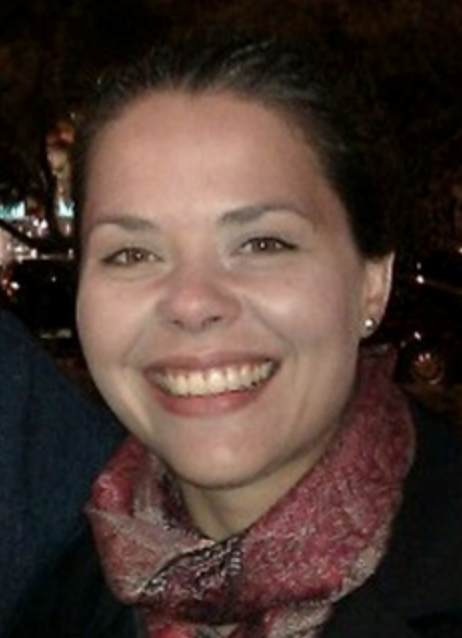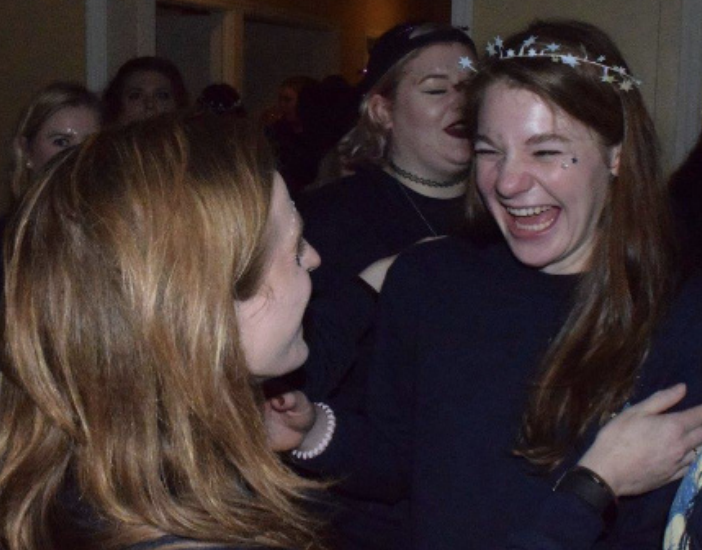By Alanna Henderson, Managing Editor
Every year, Ohio Wesleyan hosts several Slice of College Life events.
This year, ‘Slice’ welcomed 165 admitted students between the three Slice events.
Slice of College Life is an event for high school students who have been accepted to OWU. These types of admission events begin in March and April and allow a chance for potential Bishops to tour campus and meet current students before making their final decision.
May 1 is the deadline for high school students to decide which college to attend.
Laurie Patton ’95 is the senior associate director of admission and the events coordinator and planned ‘Slice.”
“The 2,020 students by the year 2020 initiative is a multi-part initiative,” Patton said. “The ‘Slice of College Life’ events are, in part, part of the initiative, but by no means the largest part.”
While the 2020 plan has a set goal of how many first year students admissions would like to have enrolled for next year, much of the 2020 plan is also focused on retention. Admission events play a key role but other offices on campus are helping with the significant aspect of keeping students on campus.
“While I would love to take credit for the students who deposit after attending a ‘Slice’ event, there are so many factors that go into a student’s college choice,” Patton said.
After the acceptance deadline, the Admissions Office will have a better estimate of the incoming class size.
Between overnight prospective hosts, scavenger hunt guides, tour guides and other student helpers, more than 100 current OWU students involved.
Junior Kari Seymour has been a tour guide all three years and said she enjoys getting to know the students while showing off the campus. In previous years, Seymour also helped with the campus scavenger hunt.
“My favorite part about Slice of Life is the scavenger hunt that prospective students go on around campus,” Seymour said. “It’s a really unique experience for them to get to know each other and the campus in a different way than normal.”
Patton said, “While it is very time consuming to prepare to these events, I’m fortunate that I have been doing this for a number of years, so many of the things I do to plan and prepare for an event have become streamlined and efficient.”
Rain or shine, one of Patton’s favorite activities during ‘Slice’ is the food trucks that come to campus.
“I enjoy having the food trucks at the event,” Patton said. “I love seeing the current students and prospective students interacting while waiting for their food.”
Dan’s Deli, the Blue Chew and Kona Ice were all parked in the Stuyvesant parking lot where students could grab a bite to eat before watching a performance in Milligan Hub featuring the Babbling Bishops, OWU’s own comedy improv troupe, and OWU alum and magician Bill Boaz ’16.
“The most rewarding part, for me, is working with a student throughout their college search, seeing them choose and enroll at OWU, watching their growth over their years here and then keeping in touch with them post-OWU and seeing their progress through life,” Patton said.

